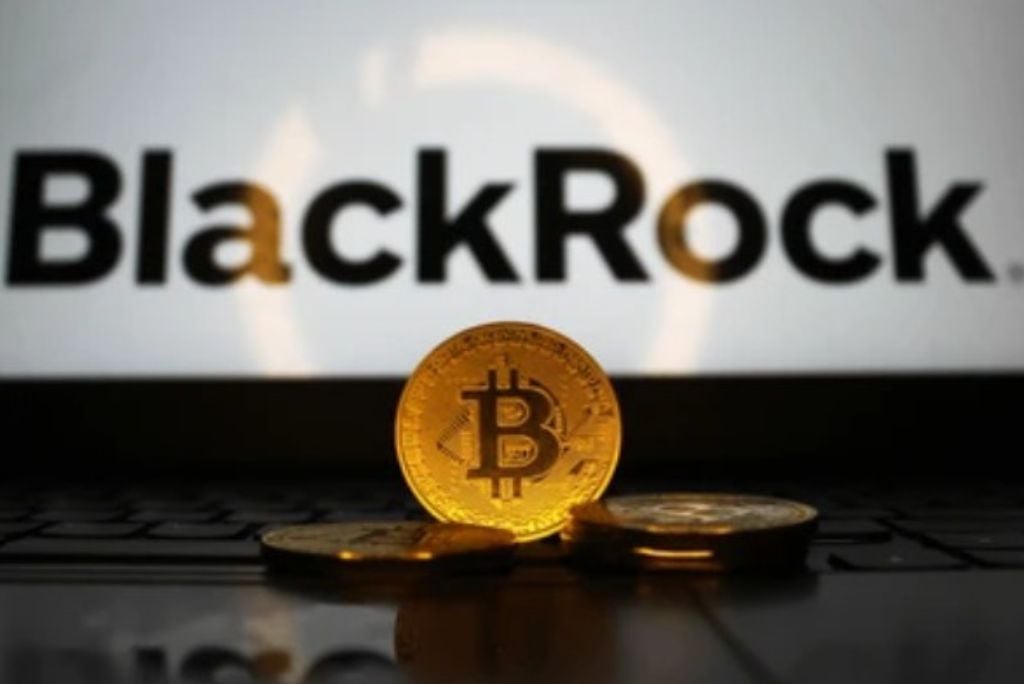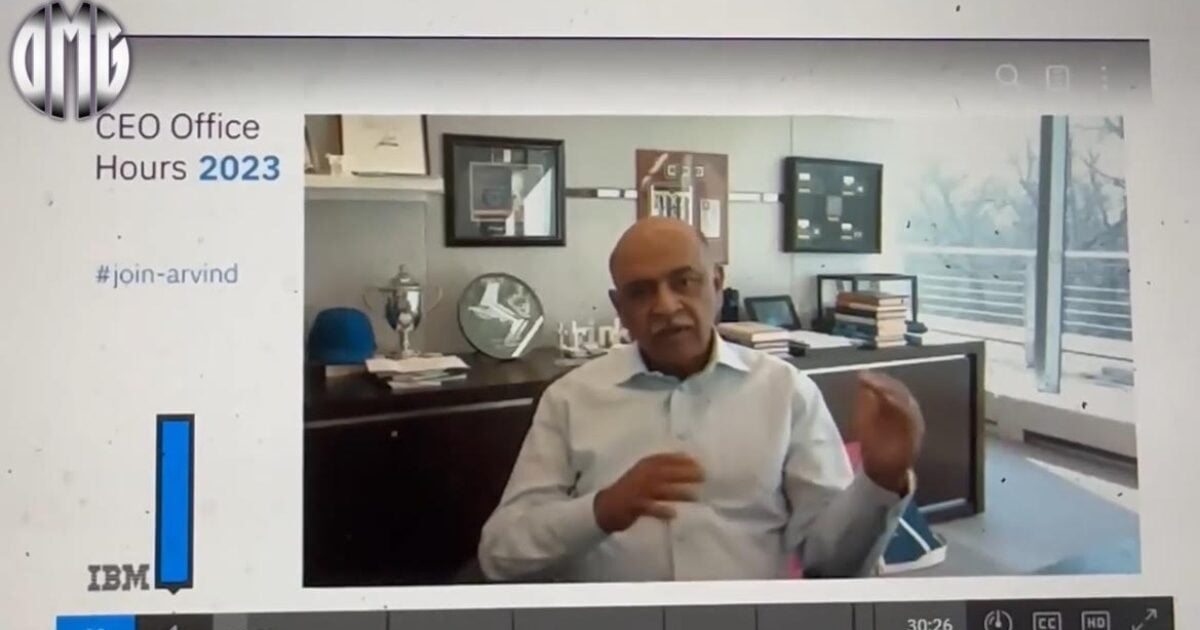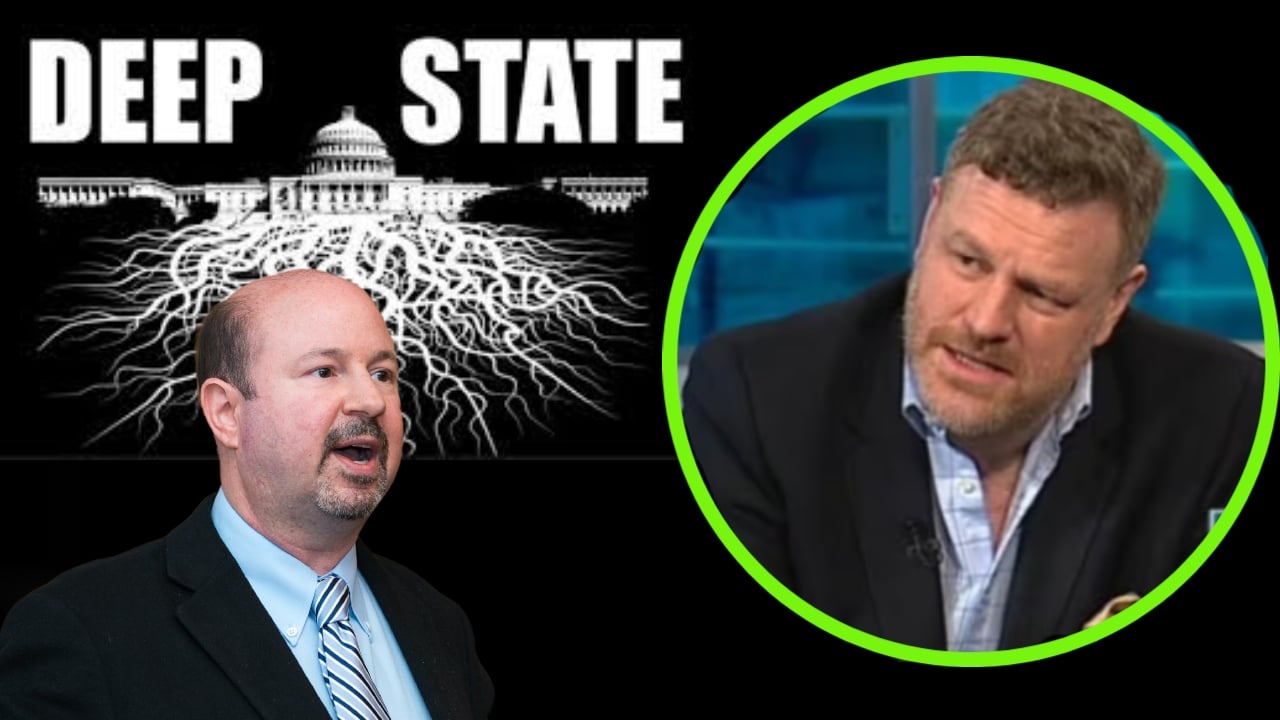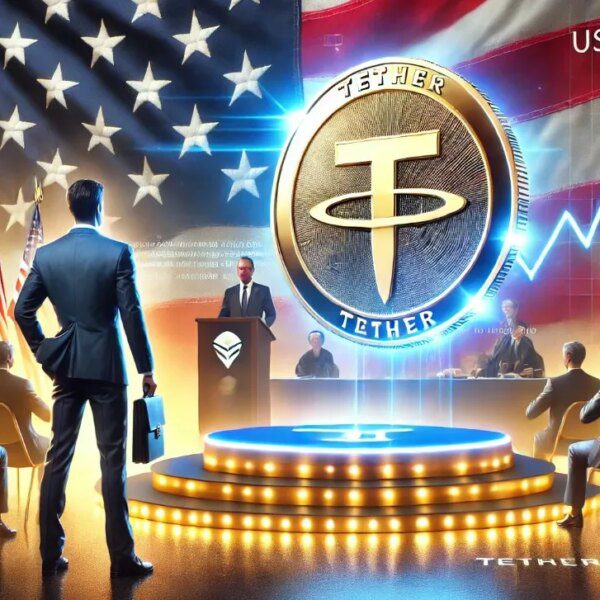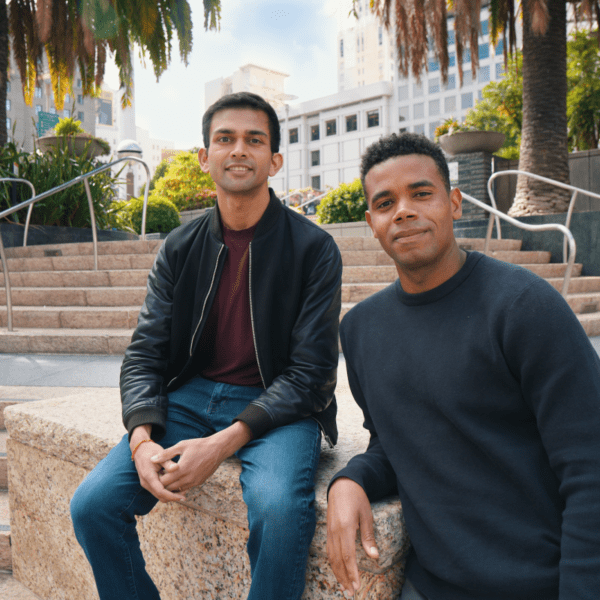I recently read something that went unnoticed by many. Following the approval of spot Bitcoin ETFs in the United States, BlackRock’s CEO, Larry Fink, made statements that reveal far more than they appear to. He said two things that, in my view, encapsulate the heart of his project.
First, he stated: «If we can ‘ETF’ a Bitcoin, we can do the same with all financial instruments.» Second, he affirmed that he doesn’t believe Bitcoin will become a currency, but rather sees it solely as an asset class.
In those phrases lies the logic of what’s coming on a geopolitical level, which is to «tame Bitcoin»—that is, integrate it into the traditional financial system and then use that experience as a springboard to «tokenize» everything that exists in the world.
It’s worth recalling that an ETF (for its English acronym, Exchange-Traded Fund) is an investment fund that trades on an exchange, meaning it can be bought and sold during the day like a stock.
The vision conveyed by Fink is clear regarding how cryptocurrency should not be seen as a decentralized money capable of circulating freely outside of state or corporate control. It must be a speculative asset, perfectly integrated into regulated markets, with trading hours, designated custodians, and settlement rules.
A packaged asset, safe for large investment funds, but far from Bitcoin’s original essence as a peer-to-peer currency. Lightning Network and efforts to make it an everyday medium of exchange are, from this perspective, relegated to a secondary plane or even irrelevant.
The risk of this approach is evident. If Bitcoin is reduced to a financial instrument managed from Wall Street, what remains in the hands of ordinary users is no longer monetary sovereignty, but mere exposure to one more product on the financial system’s menu.
BlackRock’s IBIT ETF prospectus includes a clause that allows the fund to be liquidated if the regulatory authority demands it. In other words, if the State decides that those Bitcoins must be sold, they will be, and the investor will have no say in the matter.
It already happened with Russia’s ETF (ERUS), which BlackRock had to liquidate following sanctions stemming from the invasion of Ukraine. That precedent shows just how much «custodied» assets are subject to political power.
BlackRock’s history reinforces this concern. Fink is not just a simple manager, but an actor who has been closely tied to governments and major financial bailouts for decades.
From the 2008 crisis to stimulus programs during the pandemic, BlackRock has been at the decision-making table. That public-private alliance is not accidental but structural, and now, with the global dominance of ETFs, its ambition is to go even further.
The next step, already announced, is the tokenization of real-world assets; understand this to mean stocks, bonds, real estate, commodities, art, carbon credits, and even property rights over nature. The logic is that everything can be transformed into a digital token, fractionalized, easily transferable, and recorded on a single global «ledger.»
Fink says it without mincing words when he asserts that every stock, every bond, every investor must have their identifier, and all operations will converge on a unified ledger. They present it as efficiency, cost reduction, and modernization, but I read it as a concentration of power and the possibility of absolute control.
The examples are already on the table. J.P. Morgan, BlackRock’s authorized partner for purchasing the ETF’s Bitcoins, is developing its own infrastructure for tokenized collateral. Private companies in Hispanic America, like Agrotoken, are already tokenizing agricultural grains.
Firms like Single Earth do the same with forests and biodiversity. Entire governments, like the Central African Republic, have legislated to tokenize their lands and natural resources. And projects driven by the World Bank, like Digital for Climate, seek to create markets for tokenized carbon credits, with digital wallets, APIs, and national carbon registries.
All under the excuse of sustainability, but with the backdrop of creating new financial assets where there were once simply common goods.
The mechanism is always the same: it involves converting something physical and tangible into a series of fractionalizable digital records. That allows large investment funds to buy pieces of everything, from hectares of land to portions of the Amazon jungle, from water reserves to bonds of peripheral countries’ debt.
What was once inaccessible or indivisible now enters the global market, within reach of whoever has the financial means to acquire it.
It’s inevitable to wonder what remains of the notion of real property in such a world. If land, air, forests, and even biodiversity are transformed into digital tokens, we end up reducing existence itself to a series of tokens controlled by large private platforms.
BlackRock claims it’s about democratizing access, but what I see is the possibility of digital servitude, where each person is nothing more than a number in a database and each natural resource an tokenized item.
Politics mixes in here in a paradoxical way. Here in Argentina, for example, President Javier Milei met with Fink to promote investments. It never ceases to surprise me that a leader who presents himself as an anti-system outsider ends up leaning on one of the pillars of the global financial system.
BlackRock is already a major creditor of Argentine debt, holds positions in key companies in the country, and shows interest in the upcoming privatizations. What looms is a process of deep integration with global financial capital, even as talk of sovereignty or fighting the establishment continues.
That’s why tokenization cannot be analyzed naively. Of course, it has technical advantages in terms of efficiency, liquidity, and fractionalization. No one denies that it’s useful to be able to divide an indivisible asset into transferable parts. But what matters is who controls that process.
The issue is that this isn’t about thousands of small developers creating decentralized solutions, but about financial giants with a history of sanctions, frauds, and market manipulation. The contradiction is brutal.
While many fear absolute state control, the future taking shape seems to be one of total private surveillance, where the same funds that dominate sovereign debt and international stock exchanges also come to dominate the digital ownership of nature, housing, art, and vital resources. Under the mask of technological innovation and sustainability, an extreme centralization model is installed.
The danger, ultimately, is existential because what’s at stake is not just the way of investing, but the way of possessing. Property could cease to be something material and irreducible, to become a set of digital permissions associated with your identity in a universal ledger («you will own nothing and be happy»).
That identity, as already discussed in international forums, could be linked to your biometric data and social behavior. When Larry Fink says that if they could ETF Bitcoin, they can tokenize everything, he’s not talking about a minor project.
He’s talking about a world where you «own» what your digital wallet allows, and where every aspect of reality (from your home to the oxygen you breathe) can be fractionalized and sold as a financial asset. The dream of efficiency can be, at the same time, the nightmare of digital servitude.
The opinions expressed in this article are those of the author and do not necessarily represent the official stance of Gateway Hispanic.
About The Author

